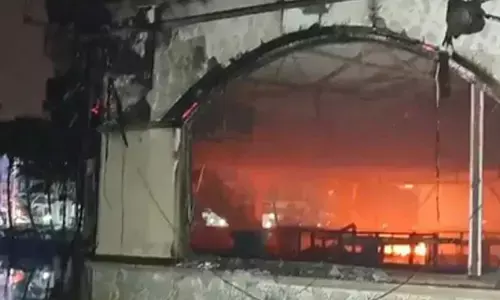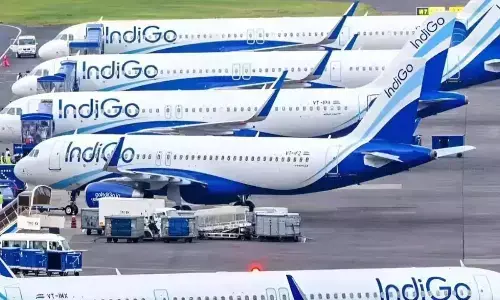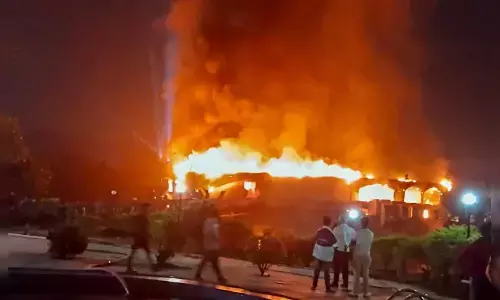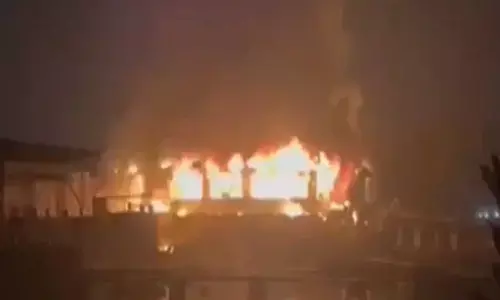Shut out from Bangladesh schools, Rohingyas turn to madrassas
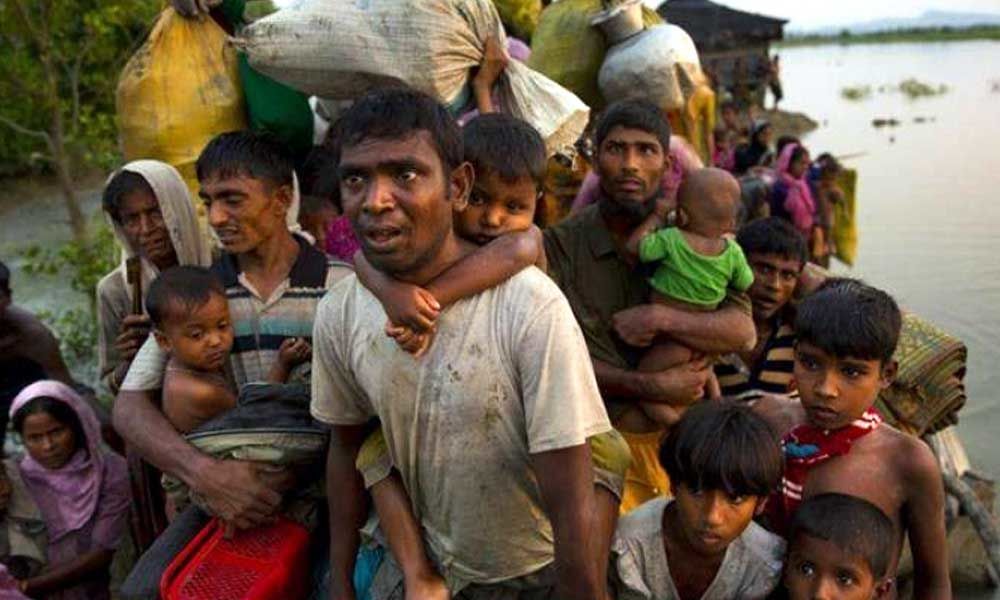
Many Rohingya children had managed to slip through the net until earlier this year when Prime Minister Sheikh Hasina's government cracked down, ordering schools to expel them.
KUTUPALONG: Half a million refugee Rohingya children are shut out of local schools in Bangladesh, leaving many in religious madrassas where critics say educational standards are low and students are vulnerable to indoctrination.
Around 740,000 Muslim Rohingya fled into the country during a 2017 crackdown by Myanmar's military, swelling the numbers of the minority in Bangladesh to around a million.
But while their language and culture are similar to people in southeastern Bangladesh, authorities regard the Rohingya as temporary guests and their children are denied access to local schools, raising fears of a "lost generation".
Many Rohingya children had managed to slip through the net until earlier this year when Prime Minister Sheikh Hasina's government cracked down, ordering schools to expel them.
Lucky Akter, 15, lost her spot at Hnila village school, where almost a third of her class were from refugee camps.
She now has nothing to do but help her mother with chores.
"I wanted to be a doctor, but I don't think it will be possible," she told AFP, breaking down in tears.
Rights groups have criticised the government's policy, and charities and the UN children's agency UNICEF have set up some 1,800 makeshift facilities in the camps, schooling around 180,000 children, but only to primary level.
To fill the gap, Rohingya groups and Bangladeshi Islamists have set up more than 1,000 madrassas, religious schools that provide everything from basic Koran-based education to graduate-level religious studies.
"We don't differentiate people by their nationality as long as they have a strong urge to be educated and serve Allah's path," said the head teacher of one local madrassa, which has taken in at least 15 Rohingya students.
Thirteen-year-old Hares, who was expelled from a school in the Bangladesh town of Teknaf, now goes to a madrassa in the Leda refugee camp.
"It's better for him to get busy with studying, otherwise he will loiter around in the camp and get spoilt," his father, Mohammad Khaleque, told AFP.
But critics warn that the madrassas are not a good educational alternative.
The International Crisis Group said in a recent report that there was no evidence madrassas are promoting violence, intolerance or indoctrination by extremists.
"However, a policy of denying young people formal education and leaving them reliant on unregulated madrassas almost certainly increases the risks of such groups gaining a foothold in the camps," it added.
Mubashar Hasan, an expert in extremism at the University of Oslo in Norway, said the government should ensure "thorough monitoring".
Rohingya children "are psychologically vulnerable, isolated and angry. Simultaneously they are culturally very religious", Hasan told AFP.
Some of the madrassas are run by the hardline Islamist group Hefazat-e-Islam, which has a history of violent protests in Muslim-majority Bangladesh, including demonstrations urging the implementation of a blasphemy law and gender segregation in workplaces.
In 2013, tens of thousands of Hefazat activists descended on Dhaka triggering violence that killed 50 people and injured hundreds.
More recently, the group has made peace with the government and the degrees provided by its schools are recognised officially.
Senior Hefazat leader Azizul Haque denied the group had any link with extremism and said its institutions offered religious education in line with the curriculum at many Bangladeshi madrassas.
"There is no reason for suspicion," he said.
And Fazlul Karim, a spokesman for the group, told AFP the schools were the "last resort" for the Rohingya.
"They were driven away from their home because of their religion. True religious education can only bring salvation to this community," said Karim, who administers seven madrassas with some 2,500 pupils.
But Mojib Ullah, who studied in a Bangladeshi madrassa before switching to secular schools, said the religious institutions were not offering a proper education.
"These madrassas can only help create some religious teachers and mosque imams," said Ullah, who now leads prayers in an Australian mosque.
"We need to send our kids to a school system which can help prepare them to face the challenges of globalisation," he told AFP.
"Otherwise, this generation will be lost forever."


